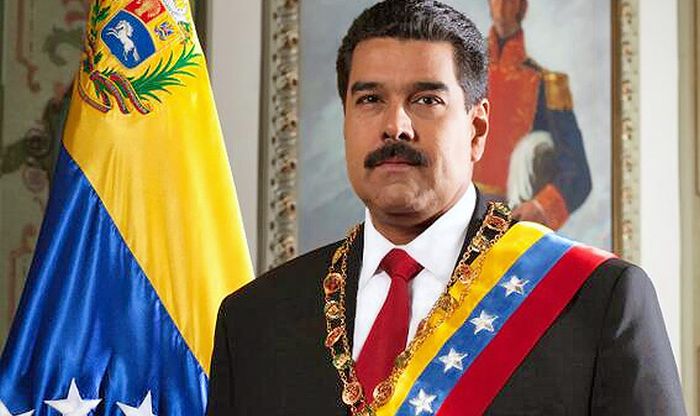Hong Kong SFC Raises Alarm on Crypto Treasury Firms Amid Rising Investor Risk

- The SFC chairman, Kelvin Wong, has warned that some Digital Asset Treasury companies are inflating crypto asset prices and setting up potential loss risks for investors.
- The regulators have increased their scrutiny on companies in Hong Kong due to their crypto-centered business models.
Kelvin Wong Tin-yau, the chairman in charge of Hong Kong’s Securities and Futures Commission (SFC), has issued a warning concerning the growing risks linked to digital asset treasury (DAT) companies. According to him, some of these firms are trading cryptocurrency for higher original value,, and this would,, in the long run, lead to serious losses for investors.
Hong Kong SFC Steps Up Oversight and Education to Protect Investors
It was during a media briefing on Tuesday that the chairman explained that the SFC has stepped up to closely monitor how publicly traded companies use cryptocurrencies to manage their extra funds. He emphasized that while some firms see crypto assets as an innovative way to diversify, many investors may not realize how speculative and volatile these holdings can be.
So on this note, the agency plans to introduce public education campaigns in order to help retail investors understand these risks associated with cryptocurrency and then make more informed decisions. Wong also drew examples from similar cases in the United States, where some digital asset treasury companies were found to have extremely high share pricess compared to the actual value of their crypto assets.
This means that investors were made to pay more in comparison to what the company’s holdings were truly worth, creating a bubble that could burst if the market turns. The SFC fears that those kinds of tions could easily happen in Hong Kong if proper oversight is not maintained.
As this is going on, the regulators have found out that more companies listed in Hong Kong are holding cryptocurrencies as part of their balance sheets, or some are even making digital assets the center of their business operations,, raising serious concerns.
Also Read: Japan Plans to Crack Down on Crypto Insider Trading With New Strict Law
The issue gained greater attention after reports showed that the Hong Kong Exchanges and Clearing (HKEX) had questioned at least five companies trying to shift their main operations toward DAT-related business models.
So far, the exchange has not been able to carry this out because the proposals successfully carry this out due to the fact that they violated certain rules that prevent companies from keeping too much of their value in easily tradable crypto assets. The Hong Kong regulators have restricted this so that they could strike a balance between innovation and protecting from speculative risks,, which crypto is highly characterized by.
Overall, the SFC’s latest warning shows that there’s a growing tension in Hong Kong’s financial market. On one hand, there is excitement about the opportunities crypto and digital assets bring. On the other hand, there is rising concern that some companies may be using the hype around crypto to artificially inflate their stock prices.
Also Read: Soaring Bitcoin ETF Inflows: $839M Amid Gold’s Slump
You May Also Like

EU Gears Up for Final Pressure on Russia with 19th Sanctions Wave

Venezuela Plans To Add Bitcoin And Stablecoins To The National Banking System

